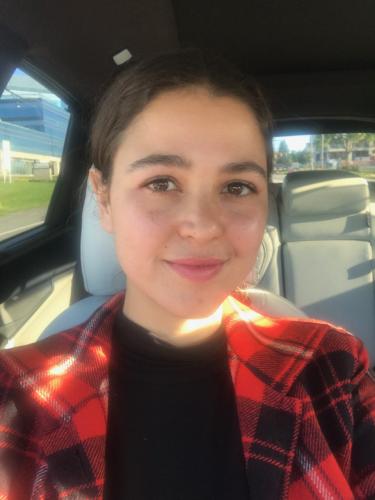In our day and age, it feels like everyone is chasing after a love story. Those of us who don’t have romantic partners are often left feeling like they’re missing something. They might even think that love is just not a part of their life.
Thanks to society’s focus on romance, it becomes easy to forget that there are many forms of love. Even if they may seem less exciting, they can be just as essential to our happiness – if we learn to look for them.
Alternative ways to see love
Recently, I began taking an online course called “Love as a Form of Social Justice.” One of the books we were assigned in this class was The Art and Practice of Loving, by Frank Andrews. Though he recognizes the importance of romance, Andrews wants to draw our attention to “smaller,” often unnoticed kinds of love: for instance, the kind of love we get from a long phone call with an old friend.
Non-romantic forms of love are often taken for granted, even though they have a huge impact on our happiness.
Noticing all the types of love in your everyday life takes a certain level of awareness that can only be achieved through practice. As the Roman poet and philosopher Lucretius once said, “love is a product of habit.” After all, we’re encouraged to see love as a magical, spontaneous thing that “just happens:” either there’s a spark, or there isn’t. We’re also used to tying it to specific situations, like a romantic date with a partner.
The chemistry of love
From a neurobiological standpoint, it makes sense to chase after romantic love. Actions associated with our survival (for instance, mating) produce chemicals that make us feel good, such as dopamine or oxytocin – which is commonly referred to as the “love hormone.”
The issue with relying on romantic love for this reward is that we don’t always find ourselves in a romantic relationship. If we believe that romantic love is the only thing that can make us happy, we become hopeless when we don’t receive it. We might even start to believe that we’re unworthy of love… while ignoring all the other sources of love in our life, like our family or our friends.
At a chemical level, romantic love is not the only trigger for feel-good hormones. Whenever we spend time with people we care about, our brains reward us with dopamine. And though it does play an important role in sexual attraction, oxytocin is by no means exclusive to romantic relationships: research has shown it plays a crucial role in any kind of attachment, including friendships and maternal bonds.
Where we least expect it
The truth is that we can find love in all kinds of places. But similar to learning any new craft, training yourself to see it takes practice, time, and dedication. Throughout The Art and Practice of Loving, Andrews constructs multiple practice questions to help the reader see “love” in a new light. After reading them, I decided to apply what I learned and make an effort to direct my attention towards love – even at times when it seemed nowhere to be found.
A few days ago, my landlord informed me that my downstairs neighbor had made a noise complaint against me. Although I could understand their frustration, I also felt a bit peeved. As an online English teacher for Chinese children, I have no choice but to wake up at odd hours. I thought to myself, “It’s not like I’m having a party. I just need to wake up early to work. This isn’t fair.”
Despite my frustration, I decided that this was a good time to put Andrews’ teachings into practice. I took the initiative to bake my neighbour brownies as a form of apology. This not only opened up a healthy dialogue where I could explain my reasoning for the noise, but it also made room for a friendship: since then, we’ve gotten into the habit of bringing each other sweets.
Andrews argues that there are many ways to find love in our lives – and he’s not the only one. It’s not a coincidence that the ancient Greeks identified six different types of love, or that the Arabic language has over ten words for “love”.
If we put all the pressure on a single source, we will often be left disappointed with the outcome. But if we learn to expand our definition(s) of love, we will be less likely to find it lacking. After all, why only chase after one type of love story?
Need to get something off your chest?
Book a free vent session today.




